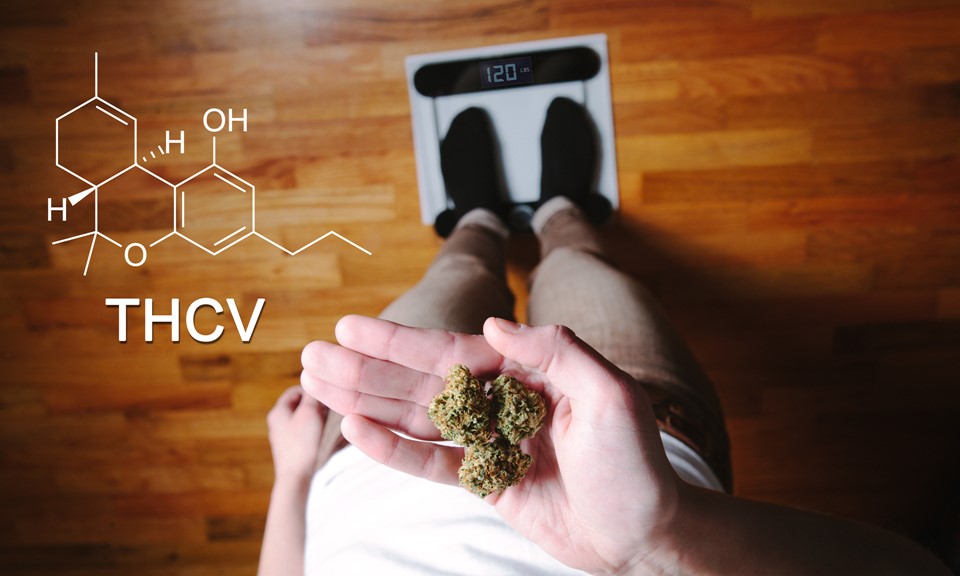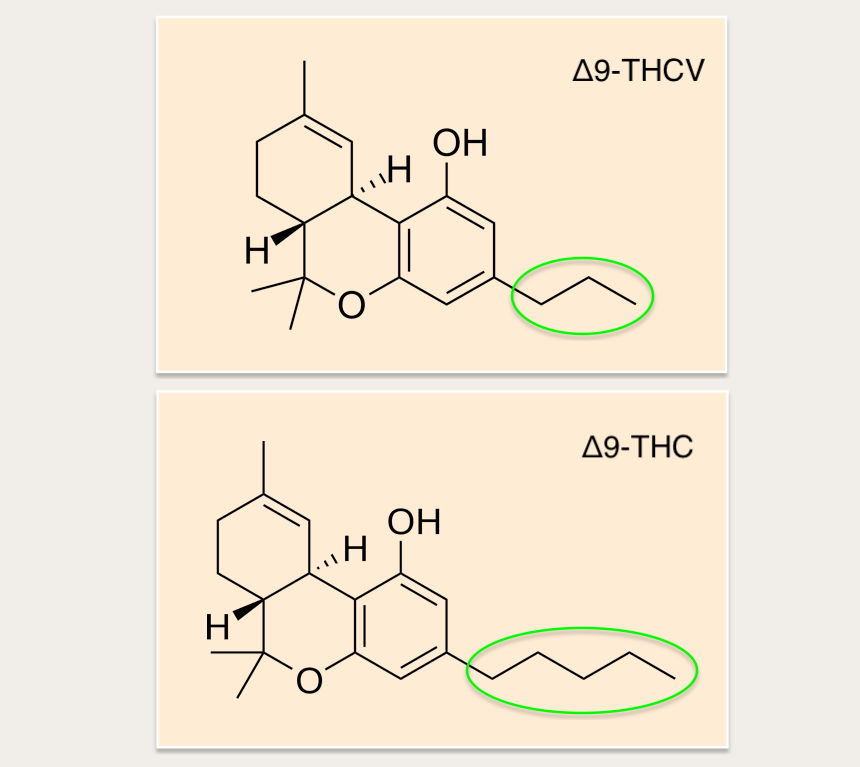Tetrahydrocannabivarin (THCV) is a cannabinoid compound discovered in marijuana and hemp plants. It's chemically similar to tetrahydrocannabinol (THC) however with some crucial distinctions. Here's everything you need to understand about THCV consisting of the dangers, benefits, distinctions, and resemblances with other forms of THC and more. What Is THCV? THCV is a less common cannabinoid discovered in some pressures of marijuana, especially African sativa.
 What is THCV? Understanding “Diet Weed” - Elevate Holistics
What is THCV? Understanding “Diet Weed” - Elevate Holistics
 THCV - Cresco Labs
THCV - Cresco Labs
 THCV vs THC: What Are the Differences? Articles Analytical Cannabis
THCV vs THC: What Are the Differences? Articles Analytical Cannabis
THCV has a 3-carbon side chain instead of THC's 5-carbon side chain. This difference is subtle, but it has an obvious effect on the effect profile. THCV is rather psychedelic but just about and about. What Does THCV Feel Like? THCV has a strong energy-boosting element to it, which makes it particularly popular among students and athletes.
In the United States, THCV policy is nuanced. THCV is not an Arrange I Drug, but cannabis extracts are making it somewhat unclear what the federal position is on THCV. The 2018 Farm Expense mentions that hemp plants and all derivatives of the plants are legal on a federal level, numerous business abide by how does thcv affect you on youtube this law and still supply THCV to customers by only extracting the substance from hemp plants.
If THCV is thought about a THC analog, it could be managed in the future by the very same rules as THC under the Federal Analog Act. This act specifies that any compound that shares a similar molecular profile as a known prohibited compound it's included in the exact same drug Arrange classification.
What Are the Results of THCV? Supporters of THCV report that it produces an extreme burst of energy and makes them feel blissful without the mental cloudiness brought on by THC. The results are very moderate compared to THC. The results are almost exclusively cognitive yet somehow have extremely little effect on headspace.
2. THCV & Cravings Some THCV users declare that it curbs their cravings. This is a typical result of other focus-enhancing substances also. It's as though THCV eliminates the interruption of other bodily processes (like appetite) in order to protect resources and attention to cognitive jobs rather. How Does THCV Work? Cannabinoids produce biological effects in the body by interacting with endocannabinoid receptors.
CB1 receptors lie in the anxious system and communicate with neurotransmitters in the brain Check out the post right here to produce mind-altering impacts. Interaction with CB1 sites is what offers some cannabinoids like THC their psychoactivity. THCV is a bit difficult to comprehend because it's primarily a CB1 antagonist, indicating it has the opposite impact as THC.
While scientists are still looking for to understand this process, it appears THCV is able to block the impacts of CB1 in low dosages and stimulate them in high dosages. CB2 receptors are found mostly in the body immune system. THCV is a partial agonist of CB2, however the results of this partial activity aren't widely known, and it relatively has no noticeable effect on THCV users' experience.
As discussed in the previous area, THCV is a CB1 antagonist in low dosages which is the exact opposite impact of delta 8 and delta 9 THC. This could imply that THCV combats some of the psychedelic results of THC. This impact might discuss why individuals who use THCV feel so clear-headed especially compared to the infamous "fogginess" induced by delta 9 THC.